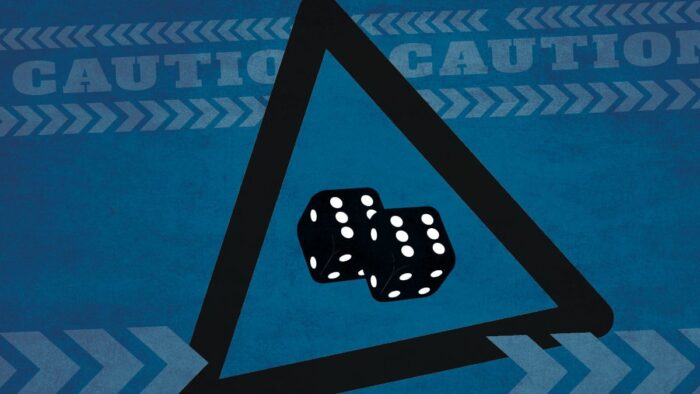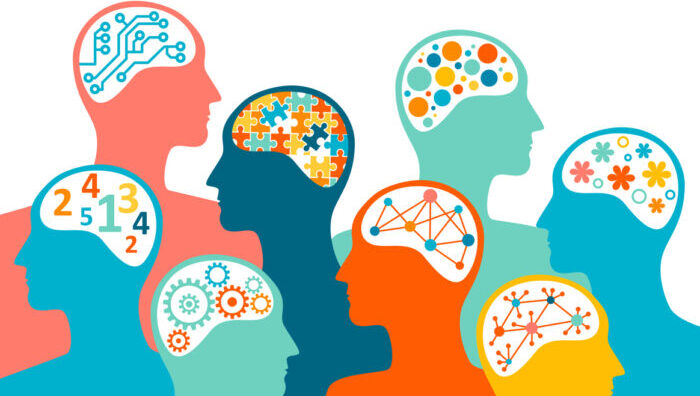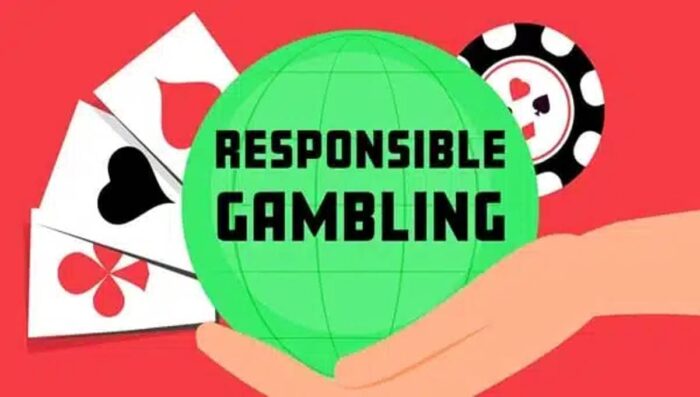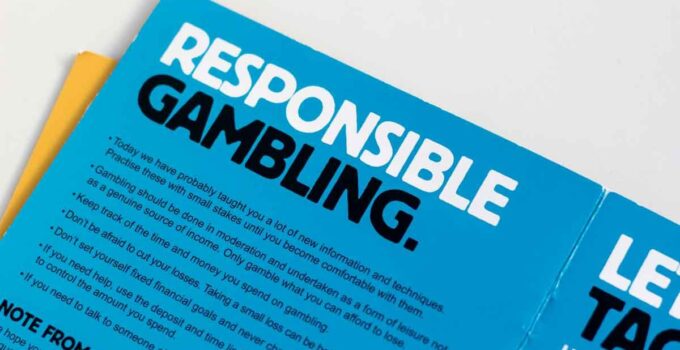Responsible gambling refers to the set of practices and behaviors that ensure an individual approaches gambling activities with caution, awareness, and a sense of responsibility. This means acknowledging the risks, setting defined limits, and being aware of the potential consequences.
At the heart of responsible gambling lies the pressing need to recognize addiction. As the line between occasional fun and compulsive behavior can often blur, it becomes vital to remain vigilant. Recognizing addiction not only prevents financial ruin but also safeguards one’s mental and social well-being.
The Importance of Responsible Gambling

Source: igbaffiliate.com
Economic Implications
- Financial Drain: Problem gambling can lead to significant financial loss, with individuals often resorting to borrowing or even criminal activities to fund their habit.
- Economic Ripple Effect: Beyond personal losses, problem gambling can strain economies. When vast sums are wasted on gambling, there’s reduced productivity, job losses, and increased welfare and social service costs.
Psychological Consequences
- Compulsive Behavior: The thrill of gambling can lead to a compulsion, where one can’t stop even when aware of the negative consequences.
- Mental Health Issues: Persistent gambling can lead to a host of issues like anxiety, depression, and even suicidal tendencies.
Social Ramifications
- Strained Relationships: Compulsive gamblers often lie or hide their habits, leading to mistrust and strained family relationships.
- Social Isolation: Over time, the individual may withdraw from social circles, focusing solely on gambling.
Understanding the distinction between gambling for entertainment and compulsive gambling is essential. Recreational gambling is occasional, budgeted, and doesn’t interfere with one’s life obligations. On the other hand, addiction takes over, pushing the person to gamble despite adverse consequences, impacting every facet of their life.
Recognizing Signs of Gambling Addiction
The world of gambling, whether offline or online, can be alluring. However, when the thrill of placing bets becomes an uncontrollable urge, it might signal the onset of a gambling addiction. Recognizing the signs early can be the key to seeking timely intervention.
Behavioral Indicators
- Obsession with Gambling: If thoughts of gambling consume an individual’s day, planning the next game, reliving past games, or strategizing ways to secure money for betting, it’s a red flag.
- Restlessness and Irritability: When attempting to cut down or stop gambling, feelings of restlessness or irritability may surface.
Financial Red Flags
- Overspending: Spending more than what’s budgeted or what one can afford is a tell-tale sign. This may manifest in dwindling savings or increasing credit card debts.
- Borrowing Money: Continually borrowing money to fund gambling activities or to cover losses can indicate a deeper issue.
- Financial Secrecy: If someone becomes evasive about their spending or starts hiding bank statements, it can be a sign of gambling beyond their means.
Emotional Symptoms
- Anxiety and Depression: As the stakes get higher and losses mount, feelings of anxiety, stress, and depression might escalate.
- Feelings of Hopelessness: A deep sense of despair, especially after a heavy loss or a series of losses, can point toward addiction.
Social Warning Signs
- Isolation from Loved Ones: A person might start withdrawing from family or friends to hide their gambling or because they prioritize it over social interactions.
- Strained Relationships: Lies about gambling, financial strain, or neglecting family duties can lead to conflicts with close ones.
- Neglecting Responsibilities: Skipping personal or work obligations to gamble or being preoccupied with gambling thoughts can signal a problem.
Responsible Gambling Strategies

Source: sportsshield.org
Gambling, when approached responsibly, can be an enjoyable recreational activity. But ensuring a balanced and healthy relationship with gambling requires certain strategies. Implementing these can not only prevent addiction but also enhance the overall experience, making it more about entertainment than stress.
- Set Clear Limits – Allocate a specific amount of time for gambling, ensuring it doesn’t interfere with other commitments. Establish a strict budget for gambling. Once you reach this limit, stop. Never gamble money you can’t afford to lose.
- Entertainment, Not Profit – Always remember that gambling should be viewed as a form of entertainment, not a source of income. The house always has the edge, and over time, you’re more likely to lose money than win.
- Don’t Chase Losses – After a losing streak, there may be a temptation to “win back” lost money. Resist this urge. Chasing losses can quickly lead to significant financial and emotional distress.
- Know the Game and Odds – Educate yourself about the games you’re playing. Understanding the rules, strategies, and odds can help you make informed decisions and enjoy the game more.
- Take Regular Breaks – Continuous gambling can cloud judgment. Schedule short breaks during your gambling sessions to refresh your mind and reassess your strategy.
- Stay Sober Alcohol and Drugs Impair Judgment – Gambling under the influence can lead to poor decisions and increased risk-taking. Always gamble with a clear mind.
- Emotional State Matters – If you’re feeling sad, anxious, or under any emotional distress, it’s best to avoid gambling. Emotional decisions can skew your judgment and lead to reckless behavior.
Navigating the world of gambling requires more than just willpower and awareness; it also demands the right tools and resources. From software solutions to community support, there are numerous avenues available today to ensure a healthy approach to gambling activities.
Tools and Resources for Responsible Gambling

Source: techiespad.com
Self-exclusion programs have become increasingly prevalent, acting as a beacon for those seeking to rein in their gambling tendencies. These programs, at their core, allow individuals to voluntarily opt out of casinos and online gambling sites for a set duration.
During this self-imposed sabbatical, individuals are shielded from the gaming world, with no access granted, and even promotional materials are kept at bay. The true beauty of these programs lies in their multi-pronged benefits.
They offer participants a much-needed respite, a chance to reflect on and perhaps recalibrate their gambling habits. By introducing direct barriers, they curtail the ever-present temptations that might lead to impulse gambling. And for those on the cusp of grappling with more serious gambling issues, this proactive step can mark the beginning of a transformative recovery journey.
But the digital world offers even more. A slew of modern applications and websites are specifically tailored to monitor and moderate one’s gambling behavior. These digital aides, meticulously designed, record your spending, ensuring that you remain within your predetermined limits.
They also act as virtual timekeepers, tracking the hours you dedicate to gambling and nudging you to take periodic breaks. Such tools not only instill discipline but also enhance the overall gambling experience, ensuring it remains a leisure activity and not an overwhelming obsession.
When it comes to financial prudence, technology once again steps in. Dedicated software platforms such as YNAB or Mint provide users with the means to allocate specific budgets for gambling. With these tools, users can maintain a clear boundary between entertainment expenses and essential outlays. Regular expenditure tracking ensures that any deviations from the set budget are quickly noted, allowing for timely corrective measures.
Beyond the realm of technology, the online space offers another invaluable resource: community. Online forums and support groups, like GamCare and Gambling Therapy, have emerged as sanctuaries where individuals can share their experiences, both the highs and the lows.
These platforms are treasure troves of insights, brimming with practical strategies shared by both novices and seasoned gamblers. But perhaps their most significant offering is the sense of camaraderie they foster. In the often-solitary world of gambling, realizing that one isn’t alone, that there are others navigating similar challenges, can be profoundly comforting.




